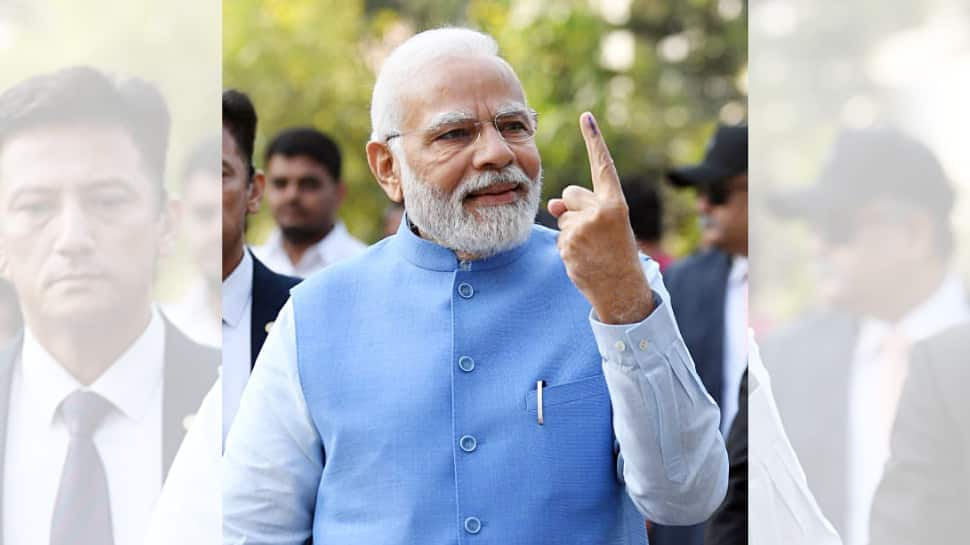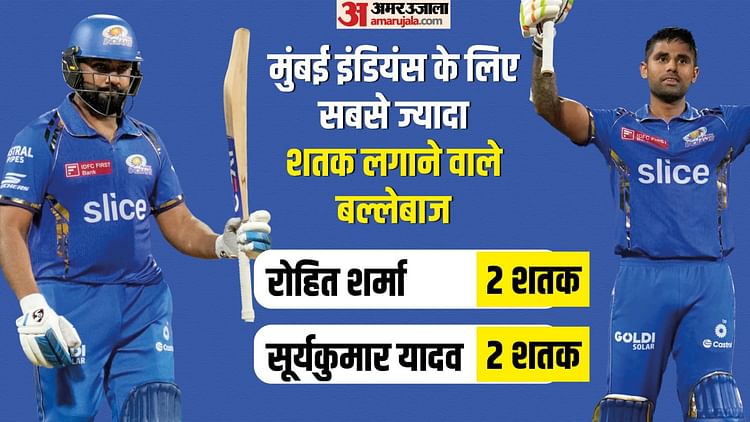NEW DELHI: In a move that will shape India’s future strategy of Covid vaccination and management, the government’s top scientific advisory group on immunisation, the National Technical Advisory Group on Immunisation (NTAGI) for Covid-19, is evaluating data about the “value of all vaccines” and their “relative importance” in a situation where over 97% of cases are infected with the Omicron variant, sources said.
“NTAGI is likely to make recommendations in around two weeks, based on which the government will take a call to modify the Covid vaccination policy. A final decision is likely to be taken in early March,” a senior official told TOI.
The deliberations are likely to influence the government’s decision on expansion of the Covid immunisation programme and strategy on booster shots.
The deliberations are based on findings by the Indian SARS-CoV-2 Genomics Consortium (INSACOG) that undertakes genomic surveillance of cases, studies conducted by Christian Medical College (CMC) Vellore to test vaccine efficacy against Omicron as well as that of boosters in a homologous and heterologous mix and other relevant real-time data collected from vaccination and sero-prevalence studies.
“This is a very rapidly changing environment. Currently, Omicron is the dominant strain with 95-97% cases infected with it. In fact, in some places it is also showing up in 100% cases. In such a situation, it needs to be seen as to what requires to be done. Some data is being collected about the value of all vaccines, their relative importance, what will be beneficial and better. This evaluation has to be done before moving forward because the scenario is rapidly changing,” a member of the advisory group said.
Sources said experts are also evaluating data to see whether vaccines are required among children after widespread Omicron infection over the last few weeks.
Besides, the scientific group is also deliberating on the need and impact of boosters. “It’s a chaotic situation worldwide. In some countries that have administered a fourth dose, studies are showing adverse events. We have to study all the factors, particularly in the wake of Omicron, before arriving at any conclusion,” the member said.
A total of 174 crore doses had been administered in the country till Wednesday 9pm since the Covid vaccination programme was first rolled out in January 2021. While over 97% of the adult population has been covered with the first dose, around 79% of adults are fully vaccinated with two doses. Apart from this, 1.8 crore health and frontline workers along with people over 60 have also received a “precaution dose”, which was rolled out for the three vulnerable categories from January 10 after Omicron-infected cases started increasing rapidly in the country. However, only those who have completed nine months since the second dose can take the third dose.
The span of vaccination coverage was also expanded to include youngsters between 15 and 17 years from January 3. While 71% of adolescents in this age group have initiated vaccination with at least the first dose, nearly 25% have been fully vaccinated.
“NTAGI is likely to make recommendations in around two weeks, based on which the government will take a call to modify the Covid vaccination policy. A final decision is likely to be taken in early March,” a senior official told TOI.
The deliberations are likely to influence the government’s decision on expansion of the Covid immunisation programme and strategy on booster shots.
The deliberations are based on findings by the Indian SARS-CoV-2 Genomics Consortium (INSACOG) that undertakes genomic surveillance of cases, studies conducted by Christian Medical College (CMC) Vellore to test vaccine efficacy against Omicron as well as that of boosters in a homologous and heterologous mix and other relevant real-time data collected from vaccination and sero-prevalence studies.
“This is a very rapidly changing environment. Currently, Omicron is the dominant strain with 95-97% cases infected with it. In fact, in some places it is also showing up in 100% cases. In such a situation, it needs to be seen as to what requires to be done. Some data is being collected about the value of all vaccines, their relative importance, what will be beneficial and better. This evaluation has to be done before moving forward because the scenario is rapidly changing,” a member of the advisory group said.
Sources said experts are also evaluating data to see whether vaccines are required among children after widespread Omicron infection over the last few weeks.
Besides, the scientific group is also deliberating on the need and impact of boosters. “It’s a chaotic situation worldwide. In some countries that have administered a fourth dose, studies are showing adverse events. We have to study all the factors, particularly in the wake of Omicron, before arriving at any conclusion,” the member said.
A total of 174 crore doses had been administered in the country till Wednesday 9pm since the Covid vaccination programme was first rolled out in January 2021. While over 97% of the adult population has been covered with the first dose, around 79% of adults are fully vaccinated with two doses. Apart from this, 1.8 crore health and frontline workers along with people over 60 have also received a “precaution dose”, which was rolled out for the three vulnerable categories from January 10 after Omicron-infected cases started increasing rapidly in the country. However, only those who have completed nine months since the second dose can take the third dose.
The span of vaccination coverage was also expanded to include youngsters between 15 and 17 years from January 3. While 71% of adolescents in this age group have initiated vaccination with at least the first dose, nearly 25% have been fully vaccinated.
!function(f,b,e,v,n,t,s) {if(f.fbq)return;n=f.fbq=function(){n.callMethod? n.callMethod.apply(n,arguments):n.queue.push(arguments)}; if(!f._fbq)f._fbq=n;n.push=n;n.loaded=!0;n.version=’2.0′; n.queue=[];t=b.createElement(e);t.async=!0; t.src=v;s=b.getElementsByTagName(e)[0]; s.parentNode.insertBefore(t,s)}(window, document,’script’, ‘https://connect.facebook.net/en_US/fbevents.js’); fbq(‘init’, ‘593671331875494’); fbq(‘track’, ‘PageView’);







More News
2024 Polls Phase 3: PM Modi To Cast Vote In Ahmedabad Tomorrow
Won’t tolerate Mamata’s didigiri, says West Bengal governor, draws TMC wrath | India News – Times of India
Refuse to Accept Didi Giri: Bengals Governor CV Ananda Bose Called Out Mamata Banerjee